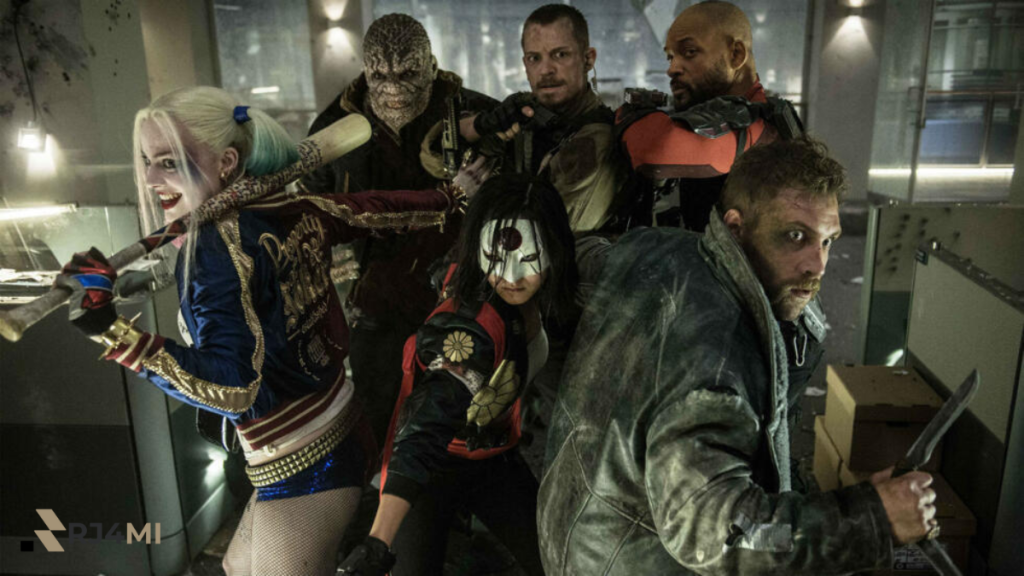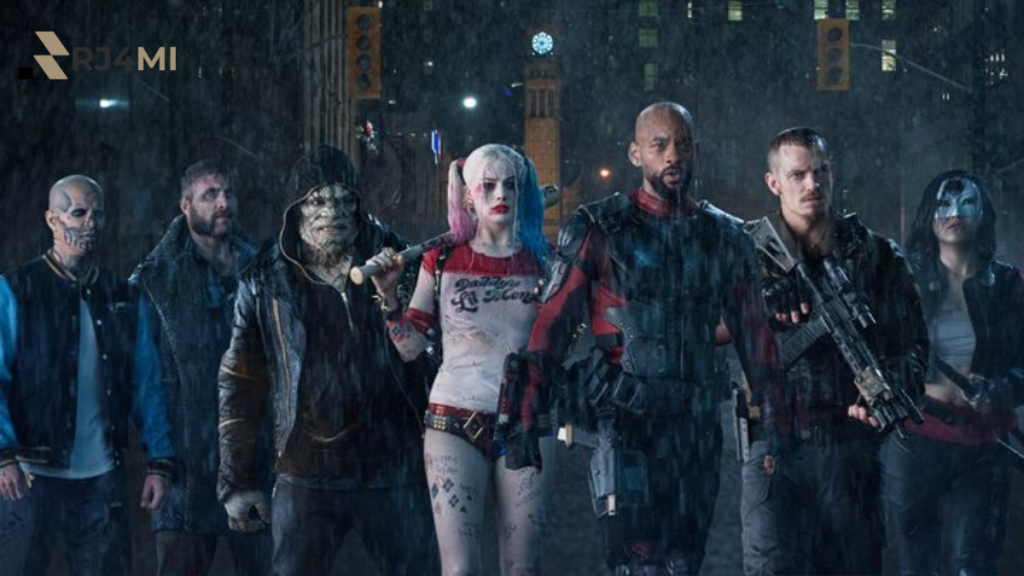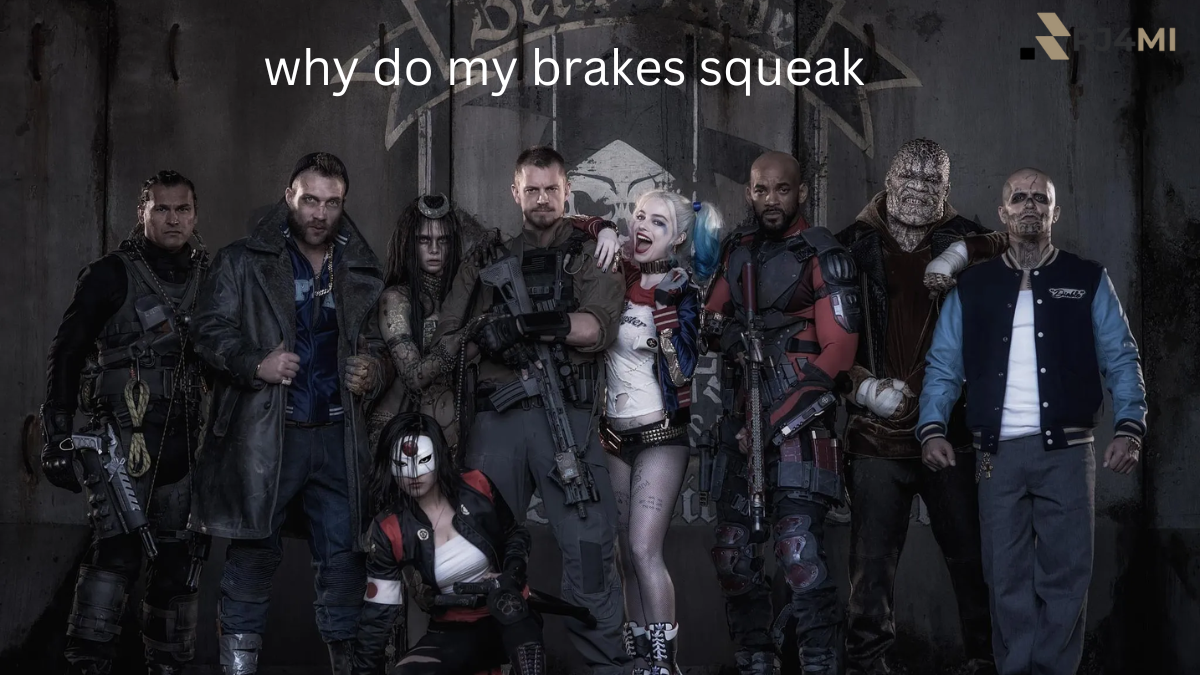Table of Contents
Regarding unforgettable characters and daring missions, Suicide Squad has captured the hearts of comic book readers everywhere. But why are Suicide Squad stories popular today? This question holds the essence of what makes Suicide Squad so captivating. It isn’t just the action or the iconic villains that draw fans in; a magnetic quality resonates with those who love anti-heroes, complex personalities, and narratives that defy expectations. As we dive into the world of Suicide Squad, we’ll uncover what makes this team of flawed heroes and unpredictable adventures one of the most appealing in modern comics.
Understanding the Unique Appeal of Anti-Heroes in Suicide Squad
Anti-heroes have always held a special place in the world of storytelling. Suicide Squad is no exception, and this team, composed mainly of anti-heroes, offers something fresh and raw. But why are Suicide Squad stories popular in this context? Unlike traditional heroes, each squad member has a complex background, filled with difficult choices and moral ambiguity. Characters like Harley Quinn and Deadshot aren’t typical good guys; they’re flawed, sometimes chaotic, and relatable. This blend of characteristics creates an intriguing dynamic that keeps readers returning for more.
Suicide Squad’s anti-heroes add depth to each storyline. Readers find themselves torn between rooting for the characters’ success and questioning their motives, making each story unpredictable and engaging. This moral gray area is where the Suicide Squad shines, setting it apart from other teams and creating a distinct appeal that fans love.
Thrills and Unpredictability: The Heart of Every Suicide Squad Story

One of the reasons Suicide Squad stories are popular is the sheer unpredictability woven into each mission. Every time the squad is sent on a task, it’s a life-or-death situation with real stakes. This thrill factor resonates deeply with readers who crave suspense and genuine risk. You never know who will make it back or how the story will twist; that unpredictability creates a powerful pull.
Because of this, Suicide Squad stands out in modern comics as a team where anything can happen. In many other comic series, readers have a good idea that the hero will ultimately prevail, but in Suicide Squad, survival is never guaranteed. This element of surprise makes each mission fresh, exciting, and impossible to predict, which is a massive part of the team’s lasting appeal.
Complex Relationships and Team Dynamics
A significant reason why Suicide Squad stories are popular lies in the complex relationships between team members. Unlike traditional superhero teams, members of the Suicide Squad often have conflicting motives. They’re not together out of loyalty or a common cause; instead, they’re frequently forced into cooperation by government oversight. This lack of unity adds tension and realism to each story.
This dynamic also creates fascinating moments as these characters, who might not get along under different circumstances, rely on one another to survive. They aren’t best friends or even allies in the traditional sense, yet they must function as a team. These interactions offer a unique depth, showing readers how even unlikely alliances can evolve when survival is on the line.
Exploring Themes of Redemption and Morality

Suicide Squad doesn’t just entertain; it also dives into powerful themes of redemption and morality. Each character, in their way, has to grapple with their past actions and consider if they’re capable of change. This exploration of morality resonates with readers on a personal level. Why are Suicide Squad stories popular in this regard? Because they show that even the most flawed individuals can grow and make a difference—even for questionable reasons.
Harley Quinn, for example, has a background filled with trauma, bad choices, and manipulation. Yet, through her missions with the Suicide Squad, she is given a chance to evolve. This balance between villainy and the potential for redemption strikes a chord, allowing readers to see the humanity within each character, no matter how flawed.
Breaking Boundaries: The Impact of Suicide Squad on the Comic World
The Suicide Squad has substantially impacted the comic world by challenging the traditional boundaries of what a superhero team should be. From its original concept to modern adaptations, Suicide Squad dares to be different, blending action, dark humor, and moral complexity. By stepping away from typical hero archetypes, Suicide Squad stories deliver a refreshing take on heroism that feels real and relatable.
Fans who have grown tired of predictable superhero narratives find something special in Suicide Squad. It doesn’t follow the rules, which makes it memorable and unique. This willingness to challenge norms and push boundaries is why Suicide Squad stories are prevalent in today’s comic landscape.
The Modern Influence of Suicide Squad in Popular Culture
With numerous adaptations in movies, TV shows, and merchandise, Suicide Squad has successfully bridged the gap between comic books and mainstream pop culture. The team has garnered a broad fan base, from blockbuster films to cosplay. This cultural influence only heightens the popularity of Suicide Squad stories, drawing in new readers curious about these edgy, unconventional characters.
The franchise has drawn attention to the characters and contributed to the popularity of anti-hero narratives across various media. This rebellious spirit is refreshing for modern audiences and represents a shift towards more nuanced storytelling.
Also read: Exploring the Appeal of Suicide Squad in Modern Comics.
To wrap it up, why are Suicide Squad stories popular in modern comics? Their raw authenticity, complex characters, and high-stakes missions make them compelling. Readers are drawn to the anti-heroes, moral conflicts, and unpredictable narratives that set Suicide Squad apart from other teams. Whether it’s the complex dynamics between members, the thrill of dangerous missions, or the themes of redemption and morality, each element adds to the team’s unique appeal.




